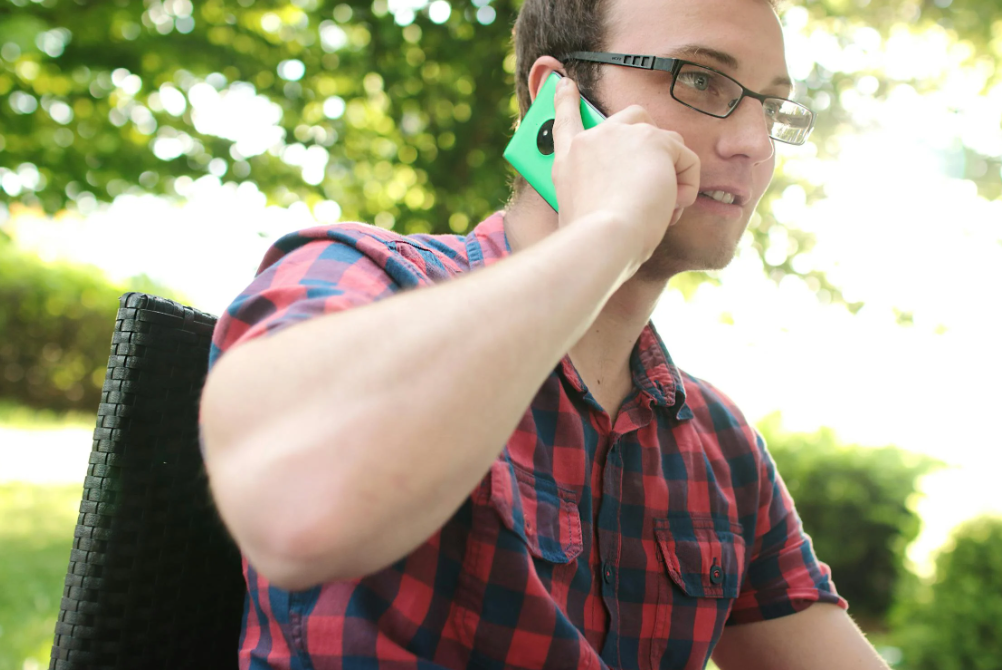“Chris” received a call while he was eating dinner. He answered the call, and a person asked, “Can you hear me?” Chris replied “yes.” He then heard a recording that claimed he had won a free cruise. Chris realized the call may be part of a scam and hung up.
The details of this scam vary, but it always begins with a call, usually from a telephone number that appears to be local. When the person answers the call, the scam artist tries to get the person to say “yes”—most often by asking, “Can you hear me?,” “Is this the lady of the house?,” or a similar question. By responding “yes,” people notify robo-callers that their number is an active telephone number that can be sold to other telemarketers for a higher price. This then leads to more unwanted calls.
In some cases, the caller may record the person saying “yes.” Scam artists may be able to use a recorded “yes” to claim that the person authorized charges to his or her credit card or account. How can scammers access your account? Some companies share their customers’ information with third‑party companies or allow third parties to charge customers’ accounts (called “cramming”) in exchange for payment. Scam artists may also obtain financial information from data breaches or leaks or through identity theft.
How to Protect Yourself
Whether the “Can you hear me?” calls are simply nuisance calls or something more sinister, there are steps you can take to avoid falling victim to phone scams.
- Check phone numbers closely. Scam artists spoof calls to make them appear to be from a local telephone number. Even if a number appears to be local, it is best to avoid calls from numbers with which you are not familiar.
- Repeat back what the recording says. So, if the recording asks, “Can you hear me?” we suggest you respond with something like “I can hear you”. Typically, at that point it’ll go into its recording, but you haven’t given out anything they can use against you so you can hang up.
- Hang up. If you answer a call that seems suspicious, hang up. Remember, “Minnesota Nice” does not apply to scammers. It is not rude to hang up abruptly on a suspicious caller. In fact, the more time you spend on the phone with a scam artist, the more likely you are to be roped into a scam…and to get even more nuisance calls down the road.
- Don’t answer. If you do not recognize the phone number calling, let it go to voicemail. Scammers need victims to answer the phone in order for the scheme to be effective. If you don’t know who is calling simply don’t answer and if it’s important they’ll either call back or leave a voicemail. Answering these phone calls will likely result in even more nuisance calls down the road.
- Carefully review your financial statements and telephone bills. Whether or not you have been targeted by a scam, it is a good idea to review your bills line-by-line for unauthorized or fraudulent activity. The law provides some protection for people to dispute unauthorized charges to their credit cards and bank accounts, but these laws generally impose time limits. It is important to check right away for charges you did not make or approve so you have time to file a dispute.
Reporting Unwanted Calls
If you receive a call that may be part of a “Can You Hear Me?” scam, you should report it to the Federal Trade Commission (FTC). The FTC has the authority to enforce federal laws regulating nuisance calls and interstate fraud over the telephone. The FTC may be reached as follows:
Federal Trade Commission
Consumer Response Center
600 Pennsylvania Avenue NW
Washington, DC 20580
(877) 382-4357
TTY: (866) 653-4261
www.reportfraud.ftc.gov


